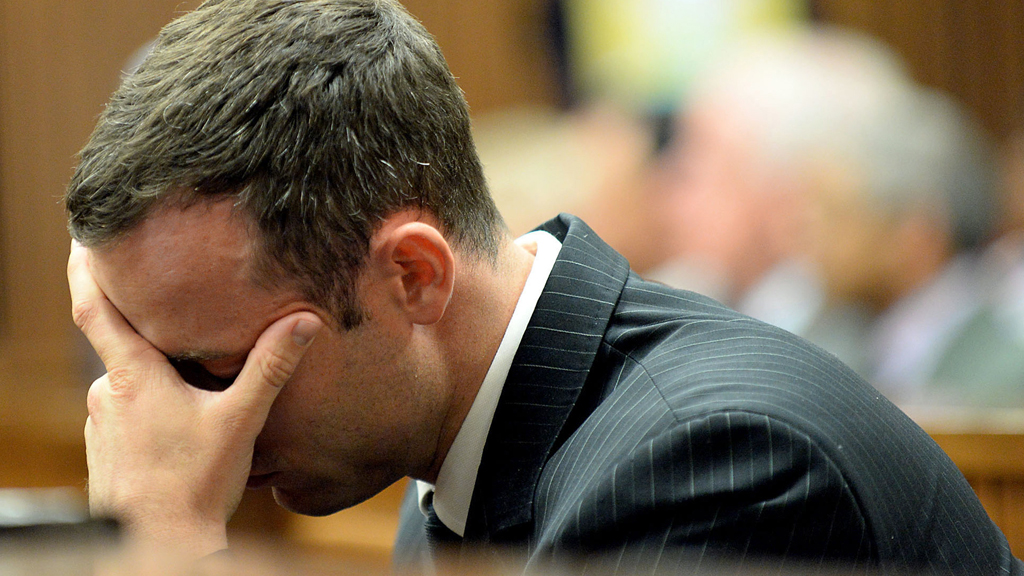Why special treatment for Pistorius harms media freedom
The judge banned direct reporting of some of the graphic testimony on day six of the Oscar Pistorius trial But Debora Patta argues that the public has a right to hear these details.
The Oscar Pistorius trial today kicked off with a media blackout, writes Debora Patta. Professor Gert Saayman was up on the stand – a medical expert and pathologist who conducted the post-mortem on Reeva Steenkamp’s body. He opened with a statement to the court asking the judge to ban the live streaming on camera and audio of his testimony, as he believed it would compromise the dignity of the deceased Reeva Steenkamp and that of her family.
The judge agreed and ordered that not only should live coverage – both visual and audio – stop immediately, but so too should live tweeting. The court went further, banning direct quotes of Saayman’s testimony and instead only allowing a summarised version. It’s an extraordinary ruling and one which has not applied in other high-profile cases.
Think of Anene Booysens, a young woman who was brutally gang-raped last year in South Africa. Her injuries were horrific – but no detail was spared, including the very graphic testimony from a paramedic who found her with her intestines hanging out. The dignity of Booysen and her family was not ever raised in court.
Then there is the onging inquiry into the police shooting of 34 miners at Marikana in 2012. No thought is spared for the families of those victims – who listen day in and day out to graphic testimony of the suffering inflicted on their loved ones. Is their dignity any less important?

Media freedom
One has to ask the question why there is special treatment for Pistorius. It’s one thing to disallow a live broadcast, another thing entirely to ban direct quotes, and I believe this impinges on media freedom. The reasons given in court are confused and not well thought out.
The testimony was graphic, so much so that Pistorius retched and vomited his way through much of it. At one point a court orderly had to move his microphone as the sound was so disturbing, and eventually a black bucket had to be brought in which he remained huddled over for much of the day.
We also heard how Pistorius used ammunition known as Black Talon – the kind of ammunition that is designed to cause maximum damage as it expands and mushrooms. Certainly, Reeva’s gunshot wounds bear this out. In all likelihood she lost functionality in her arm and suffered brain damage before dying.
But the public has a right to hear these details – undiluted and as harsh as they are. South Africa’s justice system cannot be seen to serve rich and poor, black and white in different ways.
Debora Patta is a South African broadcast journalist and TV producer. She reports regularly for Channel 4 News
-
Latest news
-
India’s ‘YouTube election’: Influencers enlisted to mobilise youth vote6m

-
Putin denies plans to capture Ukrainian city of Kharkiv3m

-
Plaid Cymru ends co-operation agreement with Welsh Labour government4m

-
Infected blood scandal: Government was warned years before taking action6m

-
Displaced in Gaza have to ‘start from Zero’ many times over, says Gaza NGO director3m

-




